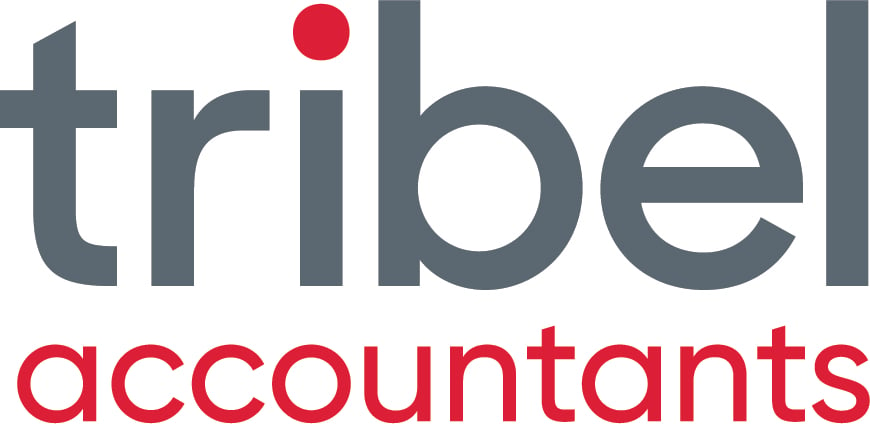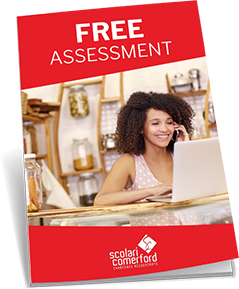INTRODUCTION:
Before you sell a business, there are a number of things you should step through. If you sell, there will be both income tax and capital gains tax considerations which a small business accountant can walk you through. Certainly before you do anything you need to work out what you will be happy to walk away with after costs and taxation.
So what is the recommended path prior to selling?

Figure 1: Tax always plays a part in any business sale.
1. Get A Business Valuation & Work Out Your Price
Before you sell it's always a good idea to have an understanding as to what your business is worth. Remember that price and value are two different things. A business valuer Sydney will give you an estimate on what your small business valuation is based depending on risk and return. This does not mean that this is the price you will get necessarily should you sell as sometimes the market will pay more than the value just like a house in a real estate situation. In some cases the market may pay less.
Once you know what the minimum value is, you can then decide whether to accept the price you have been offered or at least the minimum price you feel would be an offer too good to refuse. Usually if the price is well above the business valuer's figure, you will be tempted to accept the offer.
2. Establish If You Satisfy The Small Business CGT Concessions
Once you have your offer, before you decide to accept, you need to work out any tax that maybe applicable including capital gains tax. Depending on your structure you will usually be entitled to a 50% discount on any capital gain if you have owned the asset for at least 12 months.
However, you maybe entitled to the small business capital gains tax concessions which allow you to minimise or disregard the capital gain completely.
There are four main concessions which are subject to certain conditions:
- the 15 year small business exemption which provides a total exemption of a capital gain if you have continuously owned the CGT asset for at least 15 years and the relevant individual is 55 years old, or older, and retiring, or is permanently incapacitated;
- the small business 50% active asset reduction;
- the small business retirement exemption which provides an exemption of capital gains up to a lifetime limit of $500,000. If you are under 55 years old just before you make the choice, the amount must be paid into a complying superannuation fund or a retirement savings account (RSA);
- the small business rollover which allows you to defer a capital gain from the disposal of a business asset for a minimum of two years.
To be eligible you need to be a small business entity (turnover less than $2,000,000) or satisfy the maximum net asset test ($6,000,000). These conditions are somewhat complex and you should seek advice from small business accountants Sydney to ensure you know where you stand prior to any transaction.
3. Allocate The Price To Minimise Tax
It is important to understand that if you sell your business, the price can include plant and equipment, stock and goodwill. The sale of plant and equipment and stock will be subject to income tax whereas the sale of goodwill will be subject to capital gains tax (CGT).
Particularly if you satisfy the small business CGT concessions, you will be generally better off if you can allocate as much price to the goodwill as possible. If the plant has almost been written off in your books for tax over the years be careful as a high price for the plant will crystallise a higher profit on sale which will be subject to income tax.
The buyer will try to allocate more to stock and plant as this will give them a higher cost base to write off for income tax purposes.

Figure 2: Will the asset be subject to income tax or CGT when you sell? The difference in tax can be massive. Photo courtesy Lara Scolari Gallery Balmain.
4. Consider Rolling Any Gain Into Superannuation
Despite recent budget announcements, you might be still better off to roll over the final 25% of your capital gain into superannuation if you satisfy the CGT concessions. The money may be tied up until you satisfy release conditions but you will need to decide whether you will be better off in the long run.
CONCLUSION:
Selling a business has tax consequences so be careful you understand what will be left over before you accept an offer.
With some shrewd planning from an accountant you can end up with a lot more than you thought. Without some shrewd planning you may end up with very little so that you might have decided you shouldn't have sold in the first place!


.png?width=100&height=100&name=COVID_Safe_Badge_Digital%20(002).png)




